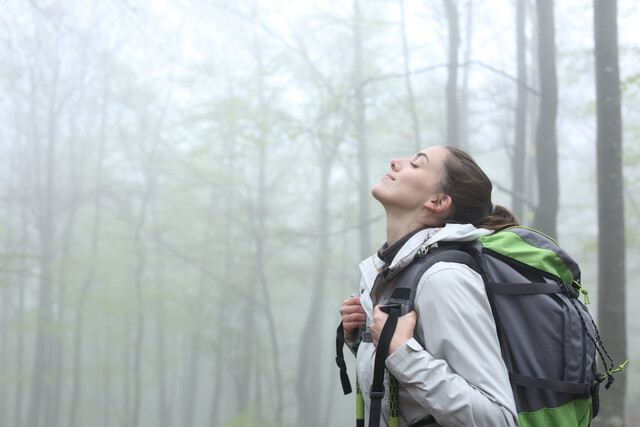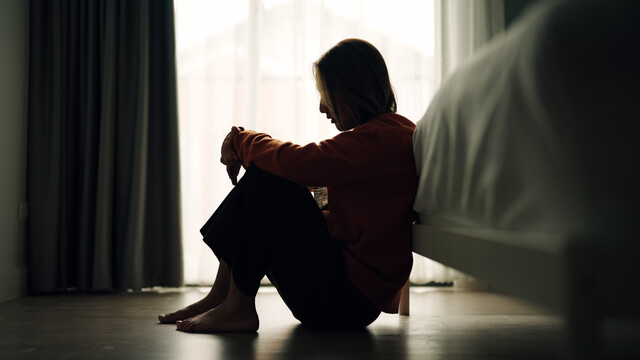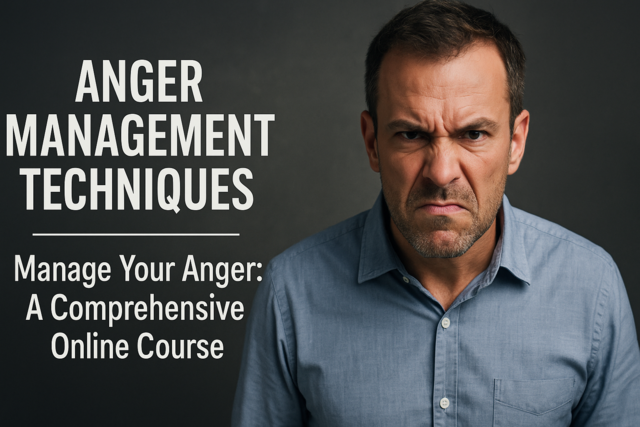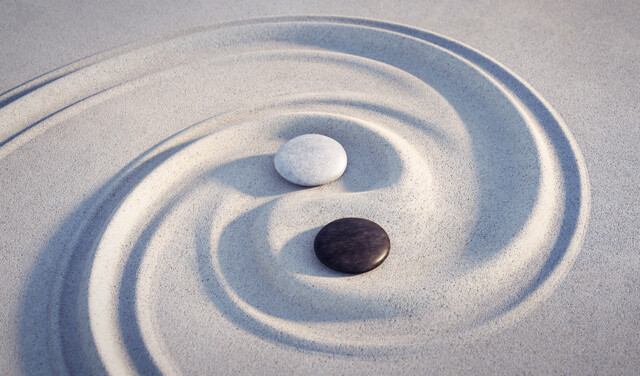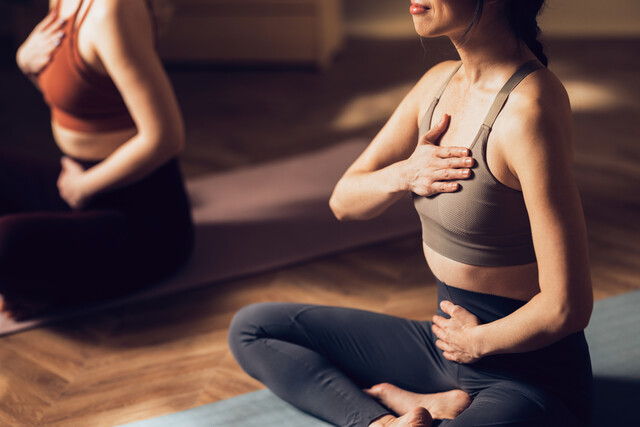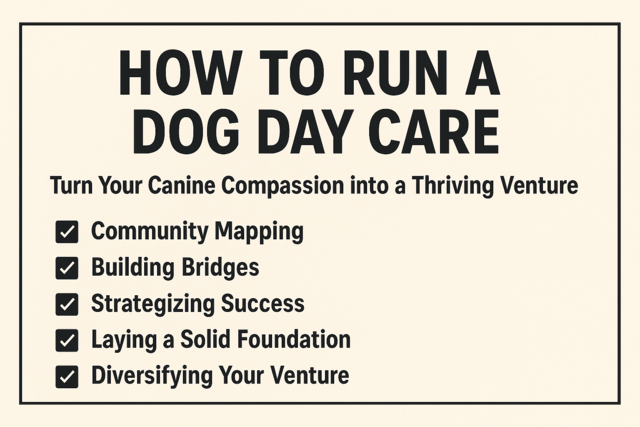Relaxation 101
Unwind, Unplug, Uncover: Your Journey to Calm Begins Here

9 Hours average completion time
0.9 CEUs
15 Lessons
16 Exams & Assignments
37 Discussions
15 Videos
16 Reference Files
Mobile Friendly
Last Updated January 2026
Mastering the Essence of Serenity: The Art of True Relaxation
In a world that pulsates with ceaseless demands and constant stimuli, tranquility often seems elusive. The modern Western narrative, fraught with escalating stress, not only casts a shadow over our well-being but also cultivates a breeding ground for ailments and discontentment. However, nestled within this cacophony, lies the age-old secret to holistic health and happiness: the art of genuine relaxation.
"Relaxation 101" is more than just a course--it's a transformative odyssey designed to elevate your understanding of relaxation beyond the rudimentary act of lounging or passive entertainment. Instead, this immersive journey will equip you with a diversified toolkit of time-tested relaxation techniques, curated from across cultures and disciplines.
As we unravel the course, you'll discover:
- The Anatomy of Stress: Recognize and pinpoint the triggers and stressors that clandestinely weave into your daily life, influencing your emotional and physical state.
- The Spectrum of Serenity: Delve deep into a rich tapestry of relaxation practices spanning meditation, mindfulness, self-hypnosis, Neuro-Linguistic Programming (NLP), aromatherapy, yoga, and the time-honored principles of Ayurveda.
- Personalized Pathways: Acknowledging the uniqueness of every individual, this course empowers you to experiment with and tailor these techniques, paving the way for a bespoke relaxation regimen that resonates with your essence.
Imagine a life where relaxation is not an occasional indulgence but an integral cornerstone. A life where each day is punctuated with moments of profound peace, fortifying your spirit and rejuvenating your vigor. The benefits are not merely ephemeral; they reverberate through improved health, enhanced life satisfaction, and an innate sense of joy.
Indeed, the power to redefine your narrative, to infuse it with tranquility and purpose, lies within you. All it requires is a commitment to learn, evolve, and prioritize your well-being.
So, why wait? Embark on this enlightening expedition with us. Unlock the boundless potential of true relaxation, and embrace the promise of a life enriched with serenity and vitality. After all, life is not just about existence--it's about truly living, with every breath steeped in contentment. Relax, rejuvenate, and revel in the art of true serenity.
- Mastery of diverse relaxation techniques
- Heightened emotional resilience and balance
- Development of positive behavioral change strategies
- Increased mindfulness and present-moment awareness
- Improved stress recognition and management
- Understanding of ancient holistic practices
- Cultivation of inner peace and harmony
- Effective breathing and meditation skills
- Personalized relaxation routine development
- Sound and aroma therapy application
- Enhanced emotional and physical well-being

